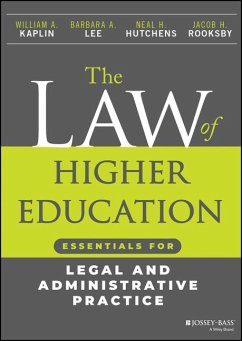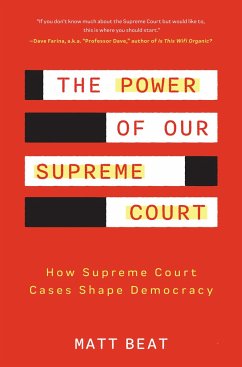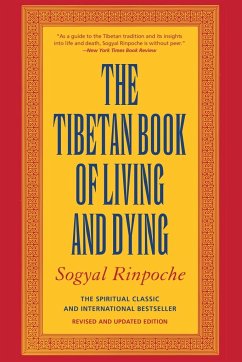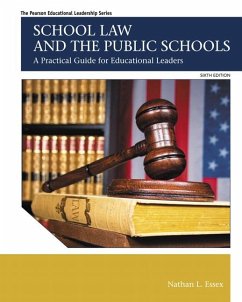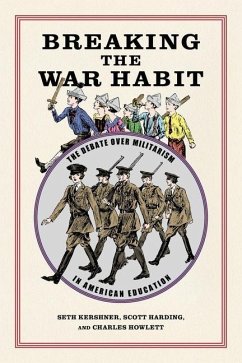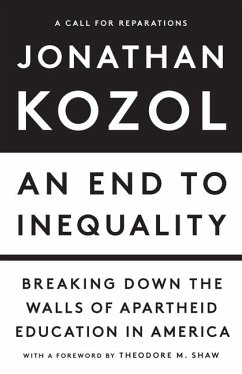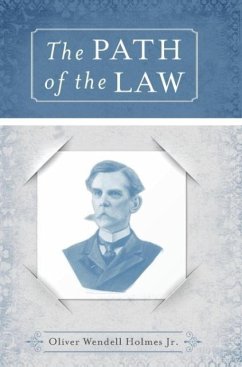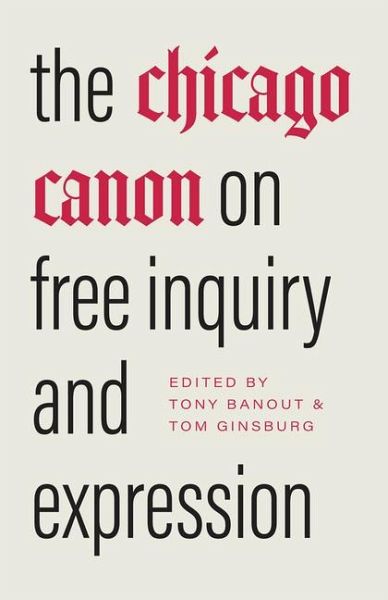
The Chicago Canon on Free Inquiry and Expression
Versandkostenfrei!
Versandfertig in 2-4 Wochen
26,99 €
inkl. MwSt.

PAYBACK Punkte
13 °P sammeln!
"In 2014, the University of Chicago put itself at the center of a nationwide controversy on college campuses that has only grown more pressing: the issue of free speech. As increasingly extreme right-wing speakers gained prominent public platforms, students took to the streets of their campuses, protesting and preventing such speakers from using their platforms on campus. Then-provost and president J. D. Isaacs and Robert Zimmer released a statement now known as the Chicago Principles, which have since been adopted or endorsed by 84 US colleges and universities. These principles offer a moral ...
"In 2014, the University of Chicago put itself at the center of a nationwide controversy on college campuses that has only grown more pressing: the issue of free speech. As increasingly extreme right-wing speakers gained prominent public platforms, students took to the streets of their campuses, protesting and preventing such speakers from using their platforms on campus. Then-provost and president J. D. Isaacs and Robert Zimmer released a statement now known as the Chicago Principles, which have since been adopted or endorsed by 84 US colleges and universities. These principles offer a moral and legal foundation for protecting the speech of even those who amplify, endorse, or perpetuate ideas some consider odious or harmful. The rest is history-though, importantly, one that predates the Chicago Principles. The University of Chicago has become such a major player in the realm of campus free speech debates that it opened a new Forum for Free Inquiry and Expression in the fall of 2023, to build upon the University's proud tradition of academic freedom. One of the Forum's first initiatives was to publish an anthology of UChicago statements on free expression, along with contextualizing commentary from volume editors Tony Banout and Tom Ginsburg. The pieces in this volume capture the complex but consistent endorsement of the right to free speech on campus that Chicago has come to represent in the public eye. With reports and speeches from the University ranging from 1900 to 2021, this collection will serve as a living and evolving document as debates over academic freedom evolve, both within the UChicago community and well beyond"--




